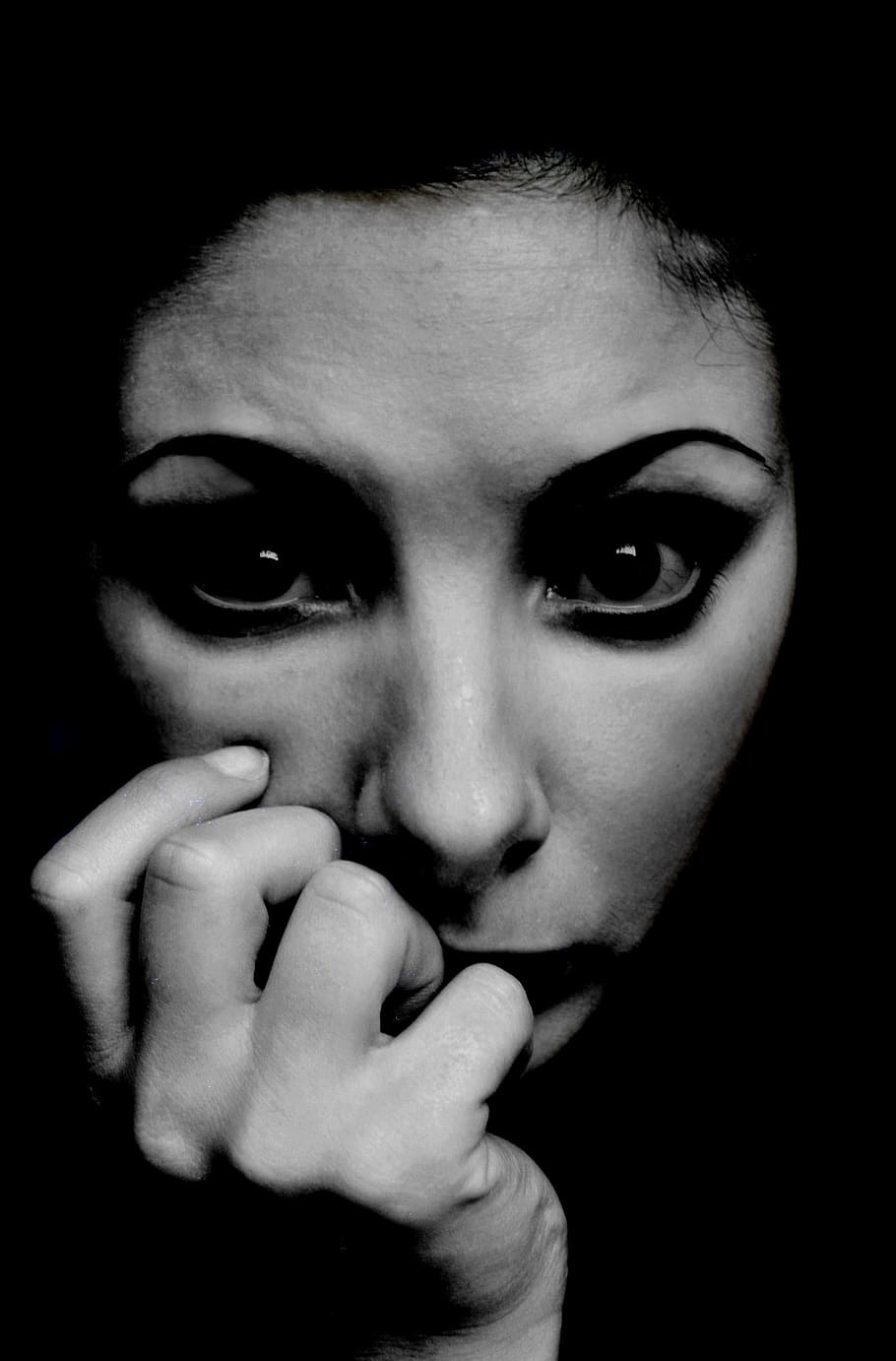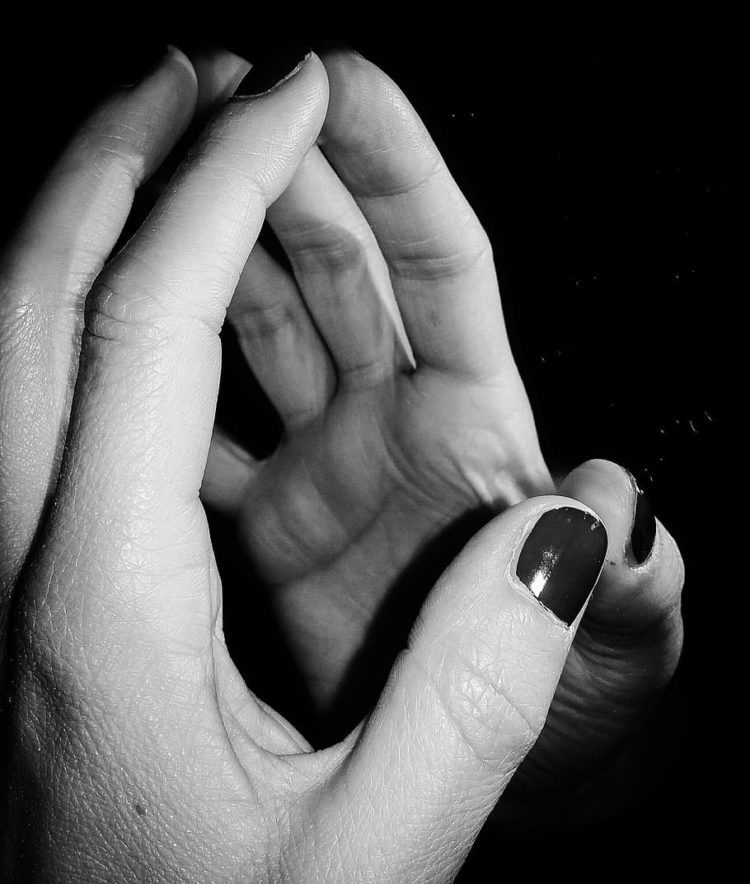More than 18 million Americans deal with depression every year, whereas 40% of the Americans struggle with anxiety at some point in their life. The numbers are only rising, so it doesn’t surprise anyone that thousands of people experience depression and anxiety at the same time.
It’s one thing to deal with depression or anxiety, but it’s a lot more challenging when having to deal with both at the same time. People get confused, and a lot of misbeliefs are born, which only makes patients with these problems even more miserable.
Page Contents
1. Depression and anxiety aren’t that common

source:pxfuel.com
Even if one may feel like he/she is the only person in the world going through anxiety or depression, the numbers show that there’s a lot more than just one person. It seems that almost 30% of people in the U.S. may struggle with an anxiety disorder in their life, whereas more than 20% of them will deal with anything similar to depression.
When you feel that you want to talk about it, but family and friends don’t provide you the help you need, talking to people going through the same thing will help.
2. These two are completely different
Many professionals state that anxiety and depression are like two different sides of the same coin. They affect the same area of the brain: the hippocampus, amygdala, and the frontal cortex. The risk of one triggering the other is quite high.
Anxiety can develop as a symptom of clinical depression. However, it’s also possible to deal with depression caused by an disorder, such as separation anxiety disorder, panic disorder, or generalized anxiety disorder.
3. Don’t ask any questions when someone admits dealing with these problems

source:unsplash.com
Many people stop talking when they find out that the person in front of them deals with anxiety and depression. They’re afraid that they may trigger other problems, making it even more uncomfortable for the person in front of them.
Plenty of patients would rather talk and not hide their condition. When they admit dealing with these issues, it means that they’re also open talking about it and even answer questions that one may have. There’s also the situation when talking about it openly can save someone who’s looking for help, but doesn’t even know it.
4. It’s not normal to have these issues

source:pxfuel.com
The fact that it’s something wrong with you when dealing with these problems is probably the most common misconception. “Suffering is entirely human, and we should always have compassion for depression and anxiety patients,” says Johnny Tabaie, the founder of the Pouyan Method and of The Holistic Sanctuary.
It’s one of the many reasons for which patients in his holistic healing centers benefit the care and attention of professionals 24/7, enjoy private rooms, and high-end amenities. “When people feel that they’re well taken care of, there’s a sense of self-worth that arises, helping the healing process go smoother,” notes Johnny Tabaie.
There is no stigma for people dealing with diabetes, so there should be one for people with these issues? Calum Hughes, CEO of a research and development company centered on creating therapies for people with PTSD, reminds us that “both depression and anxiety are medical conditions that are treatable.”
5. The symptoms are the same for everyone
Anxiety and depression cover a wide range of expressions. For some people, this means that they’re always concerned about the future. For others, it means that they have panic attacks every single week. There’s also the category of people fearing different things.
In the case of depression, some patients may sleep all the time, have low moods, and no energy whatsoever. At the same time, one may feel depressed and be irritable all the time, deal with appetite changes, and lose interest in their favorite activities.
6. Depression and anxiety are genetic
Rob Scheidlinger, who is a family therapist in California, says that many people misbelief that these states are predisposed genetically.
There is evidence on a couple of causes which render the conditions to be genetically transmitted. At the same time, there’s even more evidence that the main factors for both diseases are mostly situational and environmental.
7. This is just a phase in life

source:unsplash.com
It goes without saying that both anxiety and depression are considered to be medical conditions, even if only at times they require treatment, medications, and special care.
No matter if you decide to enroll in an alternative healing program or see a therapist, treatment for depression and anxiety doesn’t give results overnight. Treatment will have a better chance of success if it’s going to lead to changing the thought patterns, emotions, and beliefs while building new and more effective ones. Needless to say, it does take time until it happens.
The American Psychological Association states that it takes 15 to 20 sessions for half of the therapy patients to notice improvements. Patients should wait as the process is different for everyone; not everyone changes at the same rhythm.
8. People dealing with both are just being dramatic

source:pxfuel.com
Patients of both anxiety and depression admit being called dramatic and over the top. And it’s not easy at all for them to deal with it. It’s why people end up lying to their friends and family when missing out the family events, schools, or promotions at work. Anxiety mixing with depression isn’t easy to bear at all.
As for the drama part, patients of both anxiety and depression are somewhat embarrassed about their mental health condition, especially since they’re not able to control their symptoms all the time. Some of the symptoms may look melodramatic, but patients don’t enjoy the attention they get when suffering from both anxiety and depression.
9. People are aware of their problems
It doesn’t make sense for us to understand how a person dealing with anxiety or depression doesn’t know he’s dealing with a condition. Sadly, it’s common for both anxiety and depression to sneak up on one’s life without prominent or easy to spot symptoms.
Many patients are unable to define themselves as depressed or anxious until they also experience physical symptoms. They don’t sleep anymore, and they’re constantly worrying about something, they feel tired and dizzy, lacking the energy for everything in their life.
Some people are investigated for months and even years for various physical symptoms, only to realize in the end that they were dealing with depression and anxiety symptoms. Therapy is a way to communicate these feelings. BetterHelp can help you find a therapist that can help you.
10. Everything will disappear on its own

source:pxfuel.com
Bear in mind that these two are medical conditions, and it’s entirely reasonable to ask for professional help. When you’re feeling depressed or anxious, there’s something inside of you that needs fixing.
No matter if you’re dealing with significant changes or handling a lot more than usual in your life, feeling anxious or depressed tells you that you need to do something else for succeeding. If need be, professional help should be in your plans.





